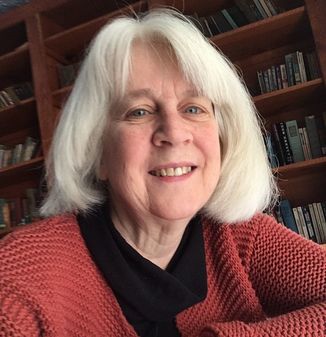
She’s an author of crime fiction. A college librarian. A recently retired faculty member at a small liberal arts college in Minnesota. For more than 30 years, Barbara Fister has felt the opposing pull from her publishers and the call of open access; from the need for books to make money and the desire for her published work to live on into the next century. Plus, this author and librarian has authored five books now available in the National Emergency Library.
Because Fister resides at the nexus of authors and libraries, we wanted to understand why on April 15, 2020, she posted this to her Twitter account:
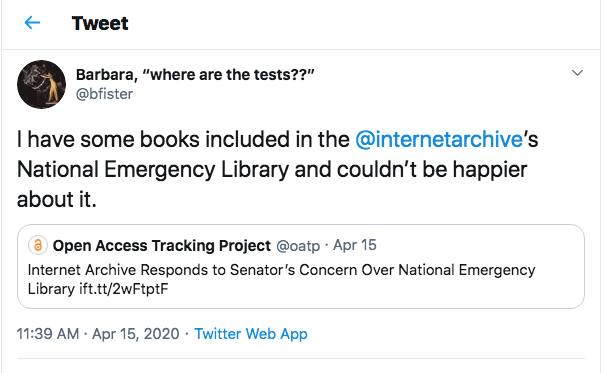
From her home in rural Minnesota, Fister (who is “not a fan of Zoom/Skype/etc”) and I corresponded by email. “Honestly, I was surprised,” Barbara wrote. “When I started poking around the National Emergency Library I did a vanity search and—hey, look at that! I had to tweet that my books were there, because it made me happy. Then I started looking for things I would check out of my academic library if it were open, and many of those books were there, too. It’s very gratifying to have that access.”
As Fister sees it, “Regardless of the legal issues, I think the Internet Archive has the moral high ground in launching the National Emergency Library. There’s no way people who already contributed to paying for access to books through taxes or tuition can individually purchase every book they might want to consult while the libraries they relied on (and helped to fund) are closed. We need to consider the public good in this crisis.”
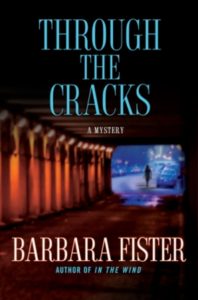
Throughout her career, Fister has been a prolific writer of both fiction and non-fiction. “I’ve been able to indulge my curiosity in everything from women’s literature from the Majority World (formerly known as the Third World) to how students learn about how information works to popular literacy practices, to the impact of technology on society, to the critical analysis of crime fiction. Basically, it’s the ‘oh look, a butterfly!’ approach to scholarship.” she explained. “I also have enjoyed reading crime fiction so much that I started writing it, and was lucky enough to find an agent and publisher. I was tickled to find two of my mysteries available in the National Emergency Library.”
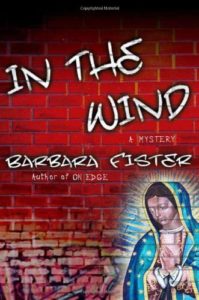
One reason Fister is “tickled” is because her novels, published in 2008 and 2010, are hard to find, even in libraries. “They were published a while ago, so a lot of public libraries have no doubt weeded them to make room for more recent titles, which is totally understandable,” Fister explained. “I have worried a bit about the disappearance of non-academic books from the public cultural record. There was a time scholars could rediscover overlooked women writers long after their books went out of print, because they were on the shelves of academic libraries. In recent decades, however, academic book budgets have been strained and very few libraries purchase and retain popular literature.” She believes this “gradual forgetting of the popular” makes a shared digital collection like the Internet Archive’s even more valuable. “Even without a pandemic, it’s a need that I’m happy the Internet Archive is tackling.”
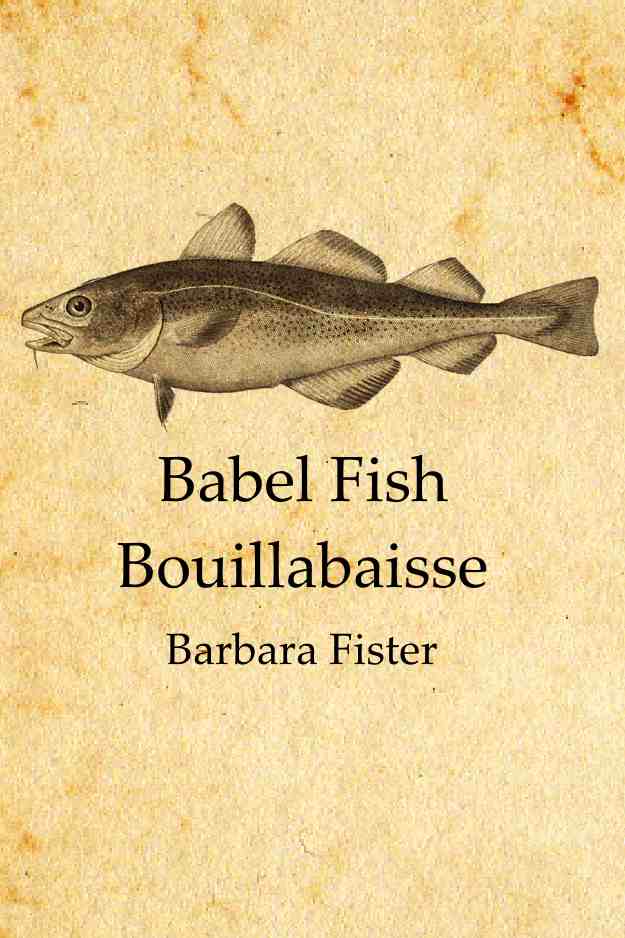
This collection of essays from the Library Babel Fish blog at Inside Higher Ed is open access and licensed through Creative Commons, and downloadable to the Internet Archive.
Fister has made many of her publications completely open access, and downloadable through the Internet Archive. It’s a value she embraced as an academic librarian. “As a library, we consciously promoted open access because equitable access to information is a core library value. For that reason, I have tried to make as much of my work open access as possible. This gets tricky with books, because both authors and publishers put a great deal of work into a book, and since I respect the value editors and publishers add, I sympathize with the need to have a business model that supports that critical hand-crafted work.”
But as both an author and a librarian, Fister doesn’t subscribe to the notion that libraries in general and the National Emergency Library in particular are cutting into author revenue.”It’s not a competition, it’s a symbiosis.” she wrote. ”I don’t think they understand how unlikely it is that allowing multiple users of these versions of their books will adversely affect their income, but it seems many authors view it as a moral argument. ‘You can’t scan my books, period. It’s my property, and you didn’t ask my permission.’ Admittedly, like most authors I don’t depend on my writing for a living; perhaps if I did I would feel differently. But as it is, I’m delighted if anyone discovers my books and enjoys them.”
There’s no way people who already contributed to paying for access to books through taxes or tuition can individually purchase every book they might want to consult while the libraries they relied on (and helped to fund) are closed. We need to consider the public good in this crisis.
–Barbara Fister
As an academic, Fister has spoken and written extensively about information literacy, the “understanding of how information is produced and valued…ethically in communities of learning.” She points to Congress and the current copyright laws as the source of current tensions between open access advocates, libraries, authors and publishers, writing:
Launching the National Emergency Library has been risky for the Internet Archive, and I appreciate that act of risk-taking as a person who would like us to do a better job of balancing social and individual interests in the original Constitutional purpose of copyright – “To promote the Progress of Science and useful Arts, by securing for limited Times to Authors and Inventors the exclusive Right to their respective Writings and Discoveries.” Congress has tilted much too far against society’s legitimate interest by making “limited time” for copyright owners nearly unlimited. This is actually bad for authors – and for all of us. Copyright isn’t working as it should, but people are too nervous to make full use of fair use because losing a lawsuit could be ruinous. The Authors Guild does not represent all authors. It certainly doesn’t represent my interests. I’m more aligned with the Authors Alliance.
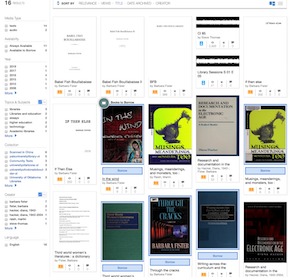
Some day in the future, when COVID-19 is defeated and libraries are once again open, Fister believes that scholars of library history will examine this moment and “be pleased that their research is available to Americans who are learning and working from home during this historic pandemic.”
Barbara Fister is one of those working from home.
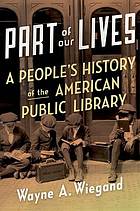
Earlier, Barbara returned a library book she needs for her research, Wayne Wiegand’s A Part of Our Lives: A People’s History of American Public Libraries, but now that her library is closed, she was delighted to find it in the National Emergency Library. “’I’m scrolling through on my laptop, typing out quotes I want to note down; no copying and pasting or downloading the file for keeps allowed, all limits which makes it not at all like piracy,” she wrote. “This effort to make so many books available for the duration, legally risky and technically challenging, is beyond what any single library could do. While the National Emergency Library isn’t the same as our local libraries, it’s a wonderful thing to have available in these challenging times.”
Hi,
Great news keep sharing great stuff love to read new stuff 🙂
that’s great ..
new knowledge after reading this article.
The best author I knew is her